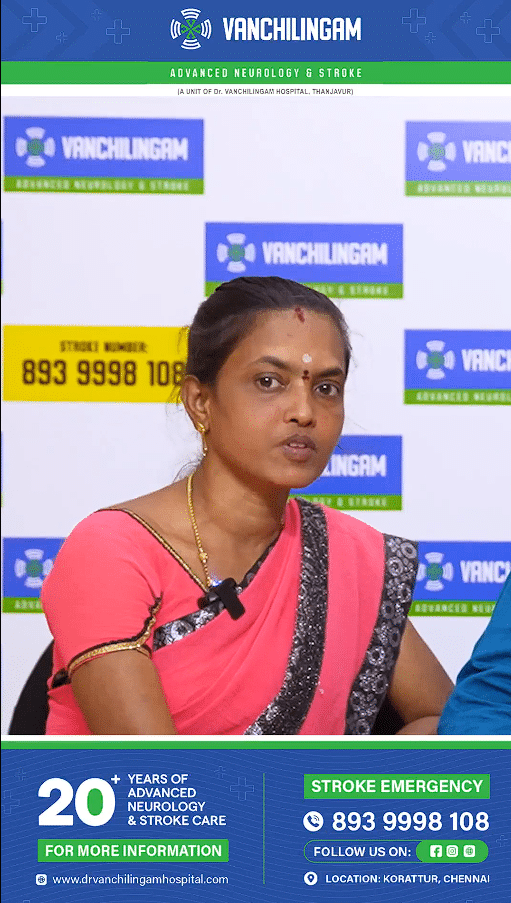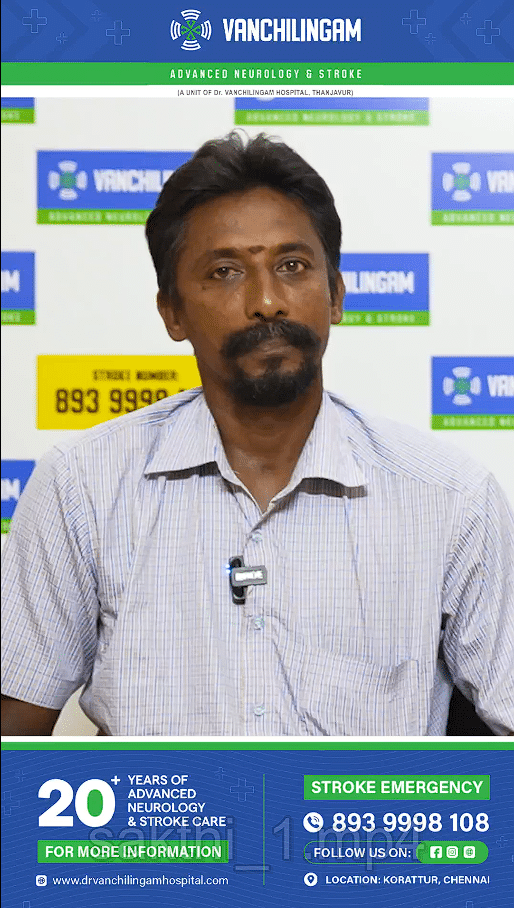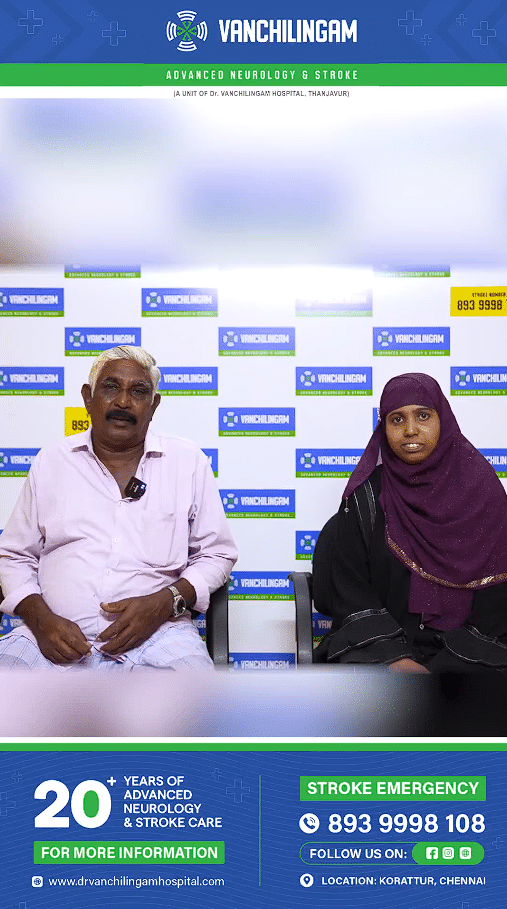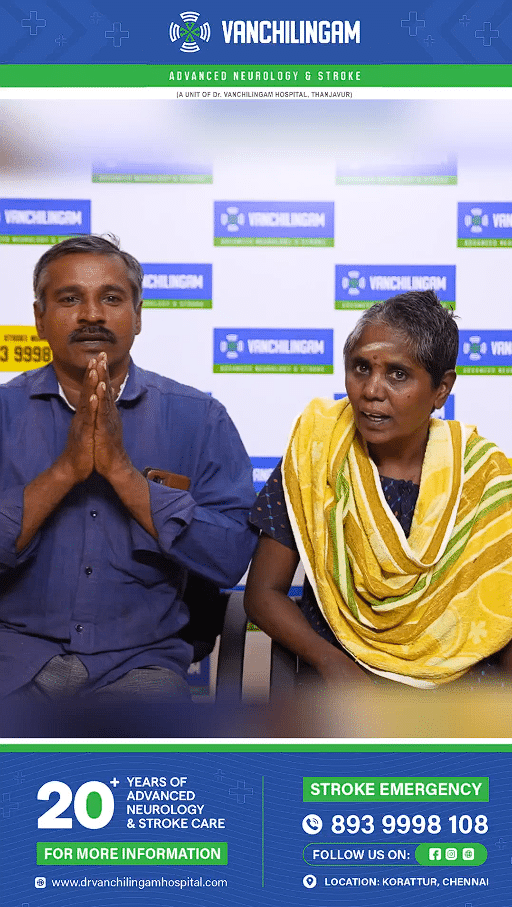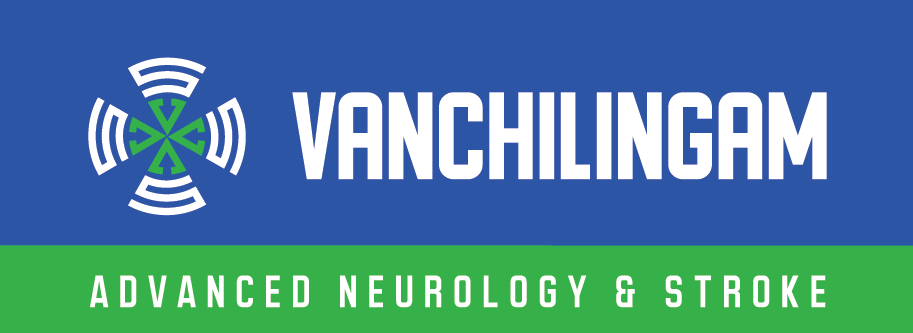Embolization of Spinal Vascular Malformations: Comprehensive Solutions for Spinal Vascular Conditions
- Treats AVMs and fistulas to stabilize spinal health.
- Minimally invasive techniques reduce bleeding risks.
- Advanced diagnostics for accurate identification and targeting.
- Enhances mobility and relieves spinal cord pressure.
- Delivered by experts in spinal neuro-interventions.
Embolization of Spinal Vascular Malformations: Protect Your Spine Health, Preserve Your Future
Safeguard Your Spine, Restore Your Mobility—Advanced Care for Spinal Vascular Malformations at Vanchilingam.
We provide advanced embolization treatments for spinal vascular malformations, offering a minimally invasive approach to managing these complex conditions. Our goal is to safeguard spinal health, reduce risks, and improve quality of life for our patients through expert care and cutting-edge technology.
What Are Spinal Vascular Malformations?
Spinal vascular malformations are abnormal connections between arteries and veins in or near the spinal cord. These conditions can disrupt normal blood flow, leading to a variety of symptoms, including pain, neurological deficits, and an increased risk of spinal cord damage due to bleeding or pressure on the surrounding tissue.

Types of Spinal Vascular Malformations:
- Spinal Arteriovenous Malformations (AVMs): A tangle of abnormal vessels connecting arteries and veins.
- Spinal Dural Arteriovenous Fistulas (AVFs): An abnormal connection between arteries and veins in the dura mater, the protective covering of the spinal cord.
- Cavernous Malformations: Abnormally clustered blood vessels that can bleed over time.
Symptoms of Spinal Vascular Malformations
Symptoms vary depending on the location and size of the malformation, but may include:
- Sudden or progressive weakness or numbness in the limbs.
- Pain in the back or along the spine.
- Difficulty walking or maintaining balance.
- Bladder or bowel dysfunction.
- Sudden onset of severe symptoms due to bleeding (spinal hemorrhage).
Causes and Risk Factors
Spinal vascular malformations may be congenital (present at birth) or acquired due to trauma or other underlying conditions. Key risk factors include:
- Congenital Abnormalities: Genetic predisposition to vascular malformations.
- Injury: Trauma to the spine may contribute to vascular changes.
- Infections or Inflammation: Conditions affecting the blood vessels in the spine.
The Embolization Advantage
Embolization is a minimally invasive procedure that helps manage spinal vascular malformations by blocking the abnormal connections. This technique can relieve symptoms, stabilize the condition, and reduce the risk of complications such as bleeding or spinal cord damage.
Why Consider Embolization for Spinal Vascular Malformations?
- Minimally Invasive: Avoids the need for open surgery, resulting in shorter recovery times.
- Effective Symptom Relief: Reduces pressure on the spinal cord and alleviates pain or neurological symptoms.
- Prevents Complications: Minimizes the risk of bleeding and long-term spinal cord damage.
- Improves Surgical Outcomes: Embolization can be performed as a standalone treatment or as preparation for surgery.
How Embolization is Performed
At Vanchilingam Advanced Neurology and Stroke Care, embolization is carried out with precision to ensure safety and effectiveness:
- Detailed Assessment: Advanced imaging techniques such as angiography and MRI map the malformation and identify blood supply.
- Catheter Placement: A small catheter is inserted through an artery, typically in the groin, and guided to the abnormal vessels.
- Injection of Embolic Agent: Specialized materials like glue or liquid embollica are injected to block the blood flow to the malformation.
- Post-Procedure Care: Patients are monitored for immediate recovery and any necessary follow-up treatments are planned.
Why Choose Vanchilingam for Spinal Vascular Malformation Embolization?
- Specialized Expertise: Our neurointerventionists are highly trained in managing complex spinal vascular conditions.
- State-of-the-Art Technology: Equipped with advanced neuro cath lab for precise diagnostics and interventions.
- Holistic Approach: Comprehensive care plans tailored to each patient’s unique condition and overall health.
- Collaborative Care: Close coordination with neurosurgeons and spinal specialists for integrated treatment.
- Patient-Focused Care: We prioritize your comfort, safety, and long-term recovery throughout the process.
Spinal vascular malformations can impact your quality of life, but effective treatment is within reach. At Vanchilingam Advanced Neurology and Stroke Care, we are committed to delivering expert care with a personal touch, helping you regain mobility, reduce risks, and safeguard your spinal health.
Start your journey to better spinal health today. Contact us to learn how embolization for spinal vascular malformations can help you recover and thrive.
Meet the Specialists
Our team of dedicated specialists brings years of expertise and a passion for delivering personalized care.
Real Experiences, Real Results
Discover how Dr. Vanchilingam Advanced Neuro & Stroke Hospital has transformed the lives of our patients. Also hear our specialists talk about the services and solutions we offer for various neurological issues.




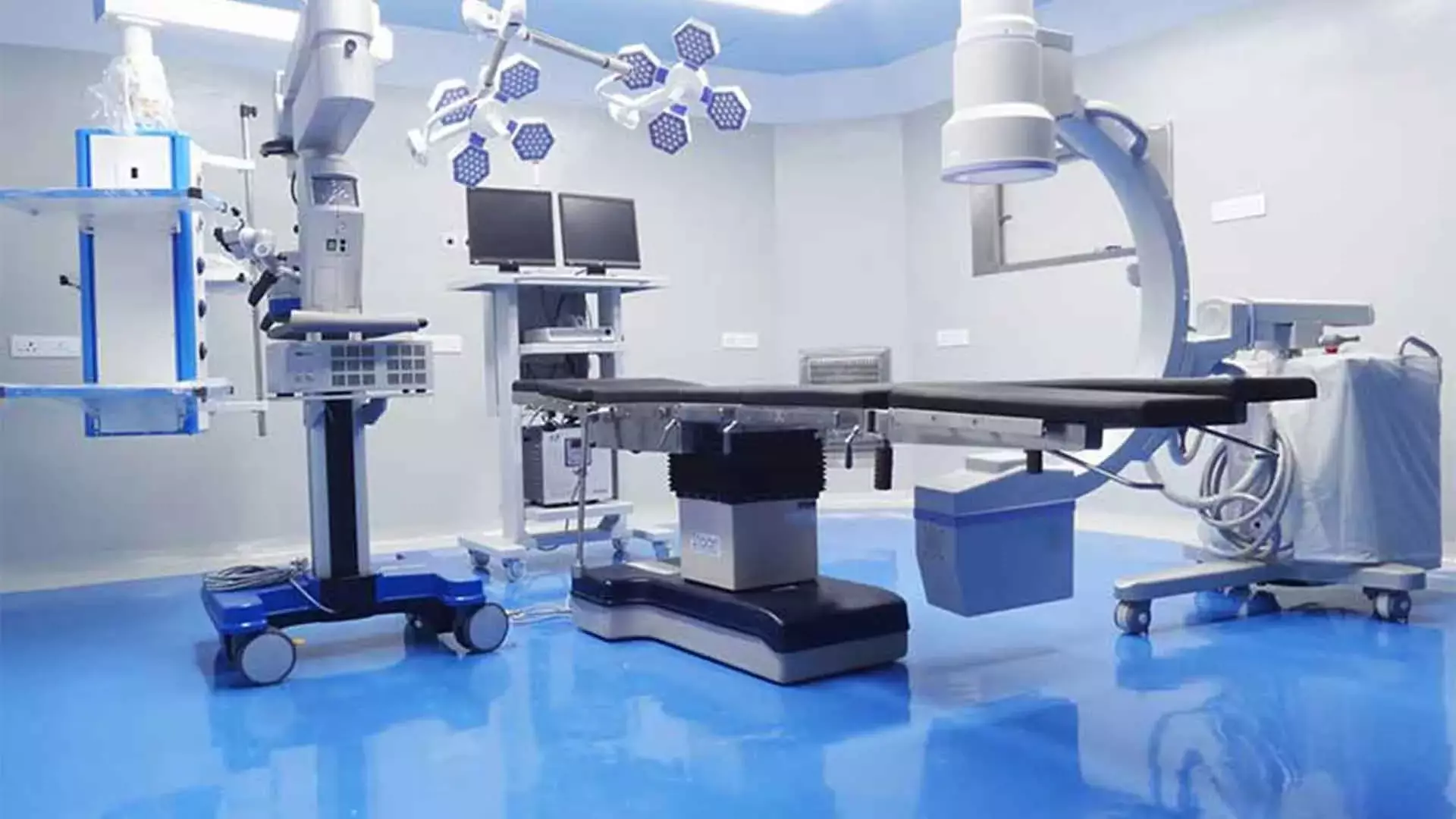
OUR SPECIALITY
Acute Stroke Unit
The Acute Stroke Unit is an acute neurological ward providing specialist services for people who have had a new suspected stroke. On the Acute Stroke Unit we provide: Thrombolysis treatment -treatment is started in the Emergency Department and you will have the rest of your Treatment and monitoring on the Acute Stroke Unit
OUR SPECIALITY
Advanced Neuro ICU
A neuro ICU is an Intensive Care Unit which is particularly devoted to a high – quality care of patients with the neurological problems that are life-threatening in nature. The neuro ICU of our hospital is a complete state of the art and a full-fledged one designed to provide almost all sorts of advanced neurological care to the normal patients as well as the patients in the emergency.
OUR SPECIALITY
Advanced Neuro Imaging
Our radiology department is a state of the art department with all the necessary infrastructure that is essential for effectively dealing with the neuro and neurosurgery emergencies at its best. The advanced neuroimaging techniques used by our doctors are as discussed below.
OUR SPECIALITY
Neuro interventional Cath Lab
A neuro-interventional Cath lab in a neurodiagnostic Centre is a specialized catheterization laboratory which has all the necessary diagnostic imaging equipment that is particularly used for the purpose of visualization of the arteries, veins and other vascular malformations of the brain and spinal cord.
OUR SPECIALITY
Neuro-Surgery Operating Room
The neurosurgery operating room of Dr.Vanchilingam Hospital, Neurosurgery Hospital is a fully functional and a state of art one that has the adequate infrastructure for effectively carrying out even the most complicated neuro surgeries with ease.
What are spinal vascular malformations?
Spinal vascular malformations are abnormal connections between arteries and veins in or near the spinal cord. These can disrupt normal blood flow and lead to neurological symptoms such as weakness, pain, and even paralysis if left untreated.
What are the types of spinal vascular malformations?
There are several types, including:
- Spinal Arteriovenous Malformations (AVMs): A tangle of abnormal vessels connecting arteries and veins.
- Spinal Dural Arteriovenous Fistulas (AVFs): Abnormal connections between arteries and veins in the dura mater (the protective covering of the spinal cord).
- Cavernous Malformations: Clusters of abnormal blood vessels that may bleed over time.
What symptoms can spinal vascular malformations cause?
Symptoms vary but may include:
- Weakness or numbness in the limbs.
- Back pain or spinal pain.
- Difficulty walking or maintaining balance.
- Bladder or bowel dysfunction.
- Sudden neurological deterioration due to spinal hemorrhage.
What causes spinal vascular malformations?
Some malformations are congenital (present at birth), while others may develop due to:
- Trauma: Injury to the spine can lead to vascular changes.
- Infections or Inflammation: Certain conditions can affect blood vessels in the spine.
- Genetic Factors: Some people may have a predisposition to vascular abnormalities.
How does embolization treat spinal vascular malformations?
Embolization is a minimally invasive procedure where a small catheter is guided through the arteries to the abnormal blood vessels. A specialized embolic agent (such as glue or liquid embolica) is then injected to block the malformation, reducing symptoms and preventing complications like bleeding or spinal cord damage.
What are the benefits of embolization for spinal vascular malformations?
Embolization offers several advantages, including:
- Minimally invasive: No need for open surgery.
- Faster recovery: Shorter hospital stays and quicker return to daily activities.
- Symptom relief: Reduces pressure on the spinal cord, alleviating pain and neurological deficits.
- Lower complication risks: Helps prevent bleeding and long-term spinal damage.
Is embolization a standalone treatment or a pre-surgical procedure?
Embolization can be used as a primary treatment for spinal vascular malformations or as a preparatory step before surgery, reducing blood flow to the malformation and making surgical removal safer and more effective.
What is the recovery time after embolization?
Most patients recover within a few days to a couple of weeks, depending on their overall health and the complexity of the malformation. Some may require additional rehabilitation to regain mobility and function.
How do I know if embolization is the right treatment for me?
If you have symptoms of a spinal vascular malformation, a specialist evaluation using advanced imaging can determine the best treatment. Contact Vanchilingam Advanced Neurology and Stroke Care through the website enquiry/appointment form or call us directly for a consultation to discuss your options.










